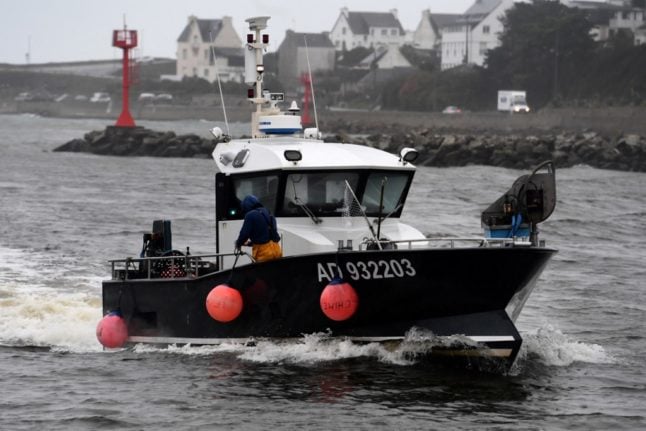“The crime involves incorrect book-keeping of catches in the spring of 2005 in the Kattegat strait,” the Varberg district court in southwestern Sweden said in a statement.
The fishermen were all sentenced to pay fines of between 3,740 and 70,000 kronor ($486-9,096), and one of them, who was also found guilty of other crimes, was sentenced to five months in prison.
In all, 16 fishermen had stood charged of pulling in 109 tonnes of cod and passing it off as unquotaed pollack in what appeared to be a ploy to circumvent strict EU quotas limiting cod fishing.
The court however found on Wednesday that they had not surpassed the permitted
quota for 2005, and decided to drop charges against seven fishermen who had not been captains on their ships at the time.
The court also dropped the case against a purchaser of fish who had been accused of facilitating the scam, which according to the charges allowed the fishermen to rake in an additional 1.8 million kronor ($240,000).
The case is serious, according to the Swedish Board of Fisheries, since the illegal fishing puts further pressure on dwindling cod stocks in the Kattegat strait.


 Please whitelist us to continue reading.
Please whitelist us to continue reading.